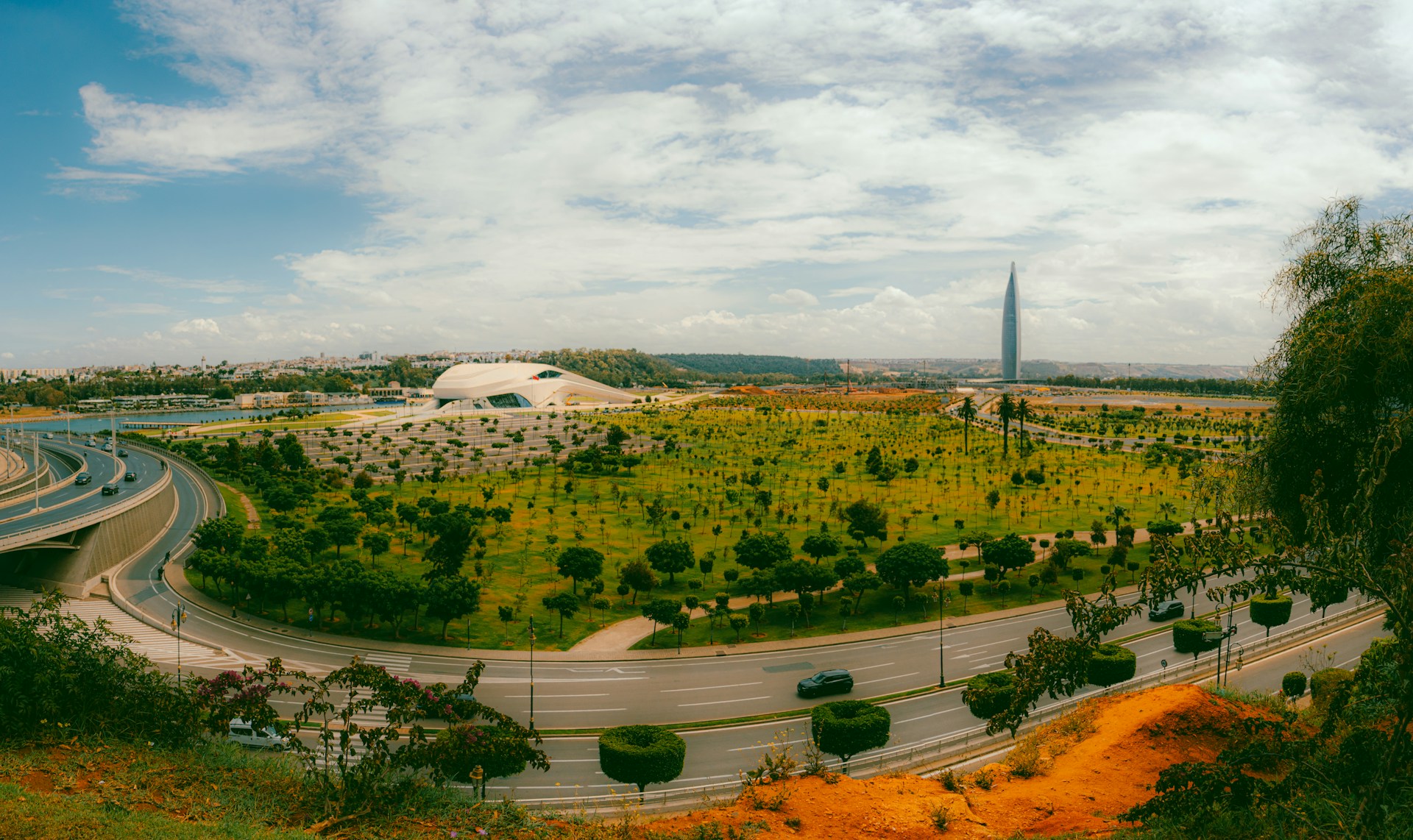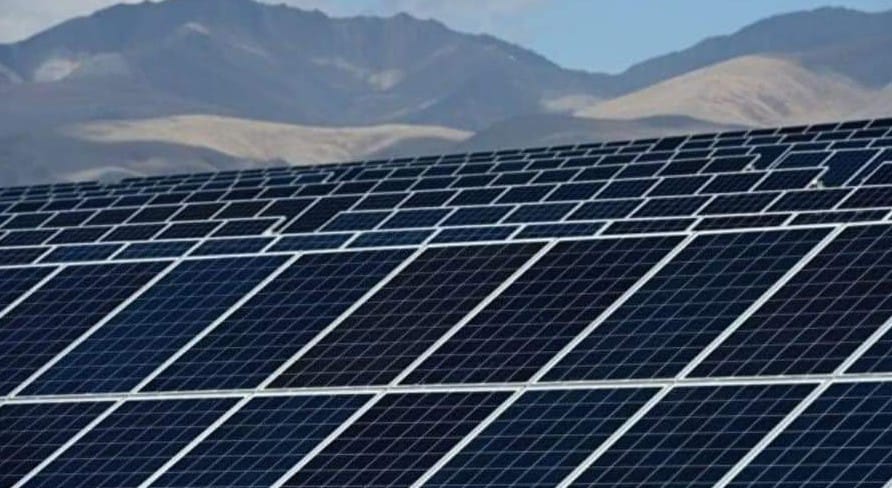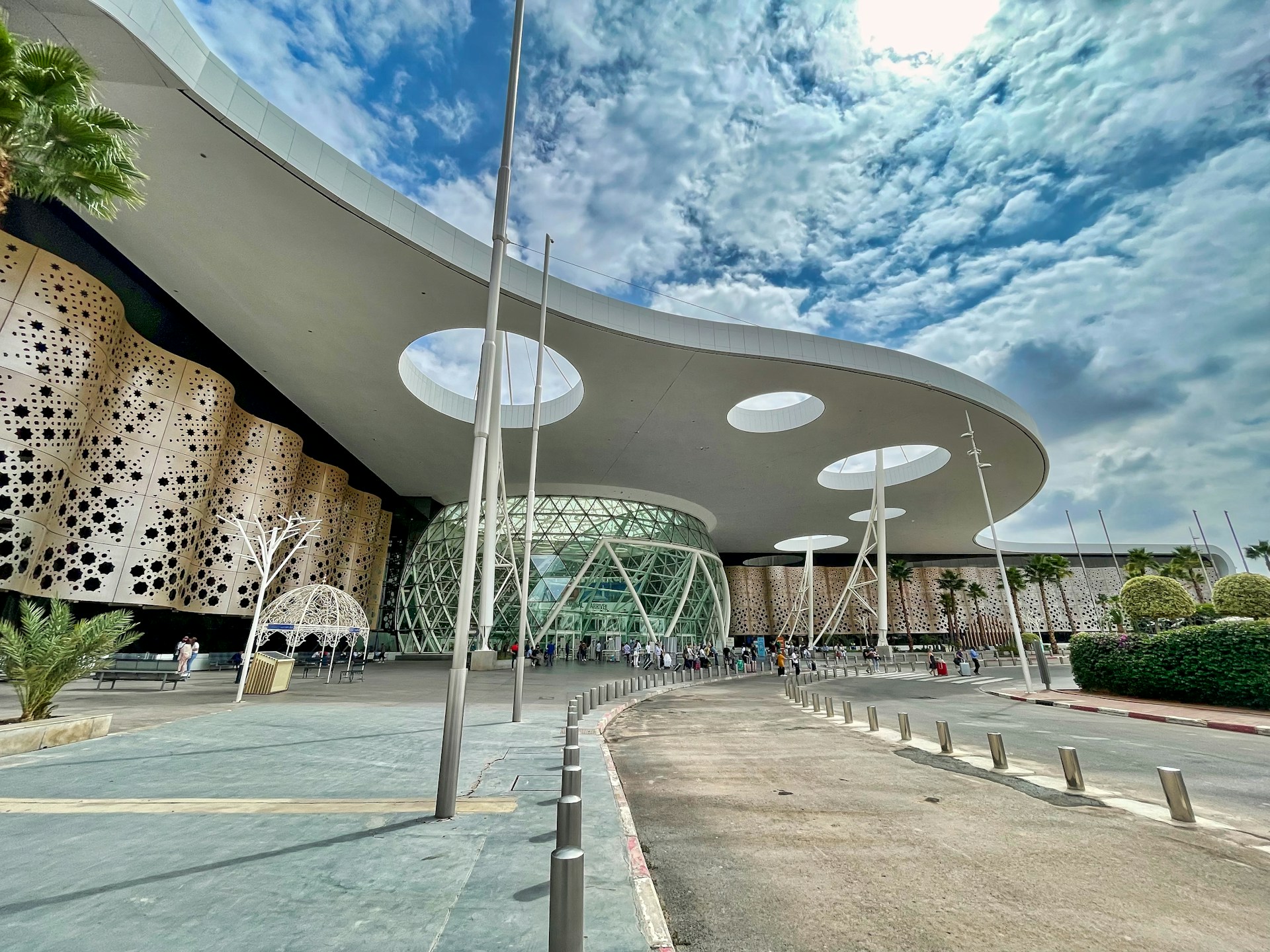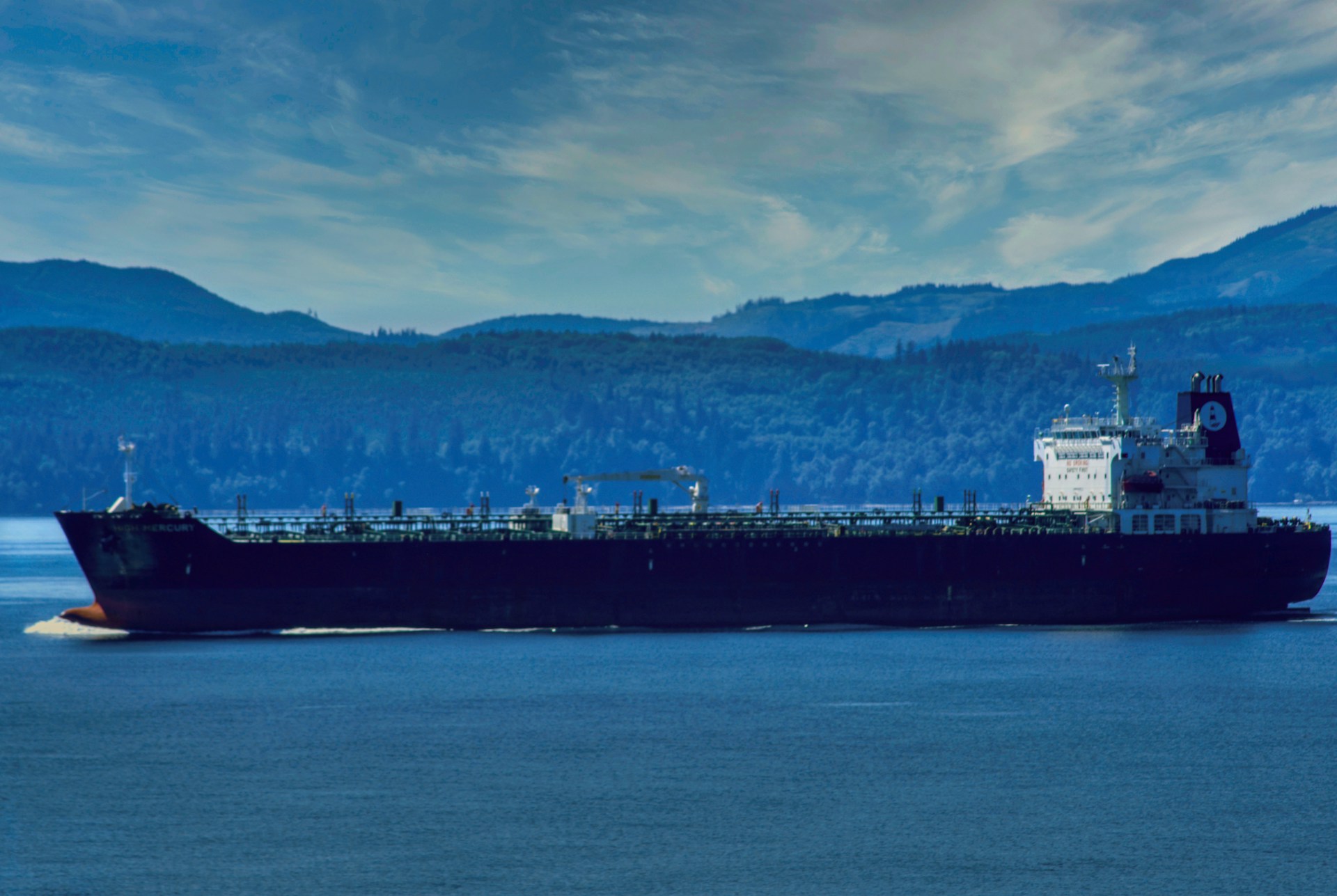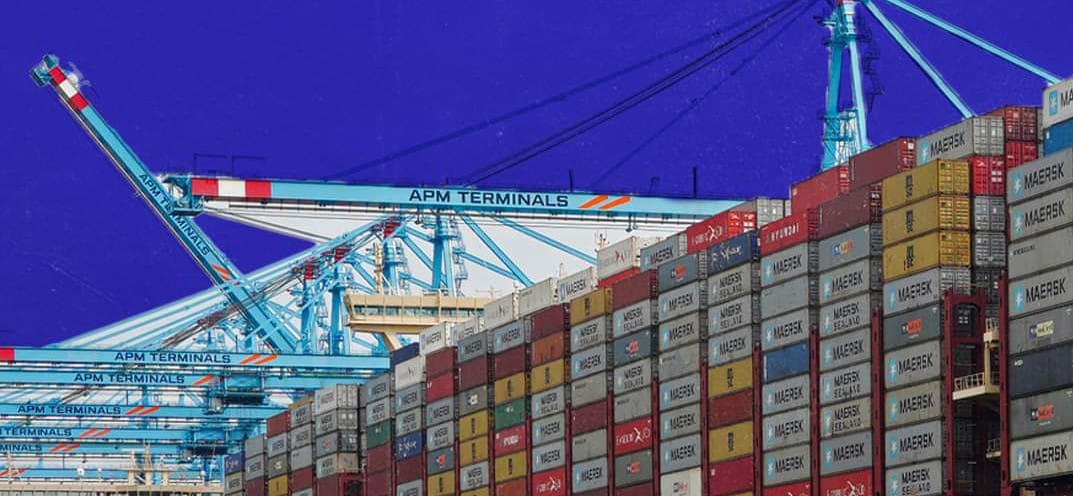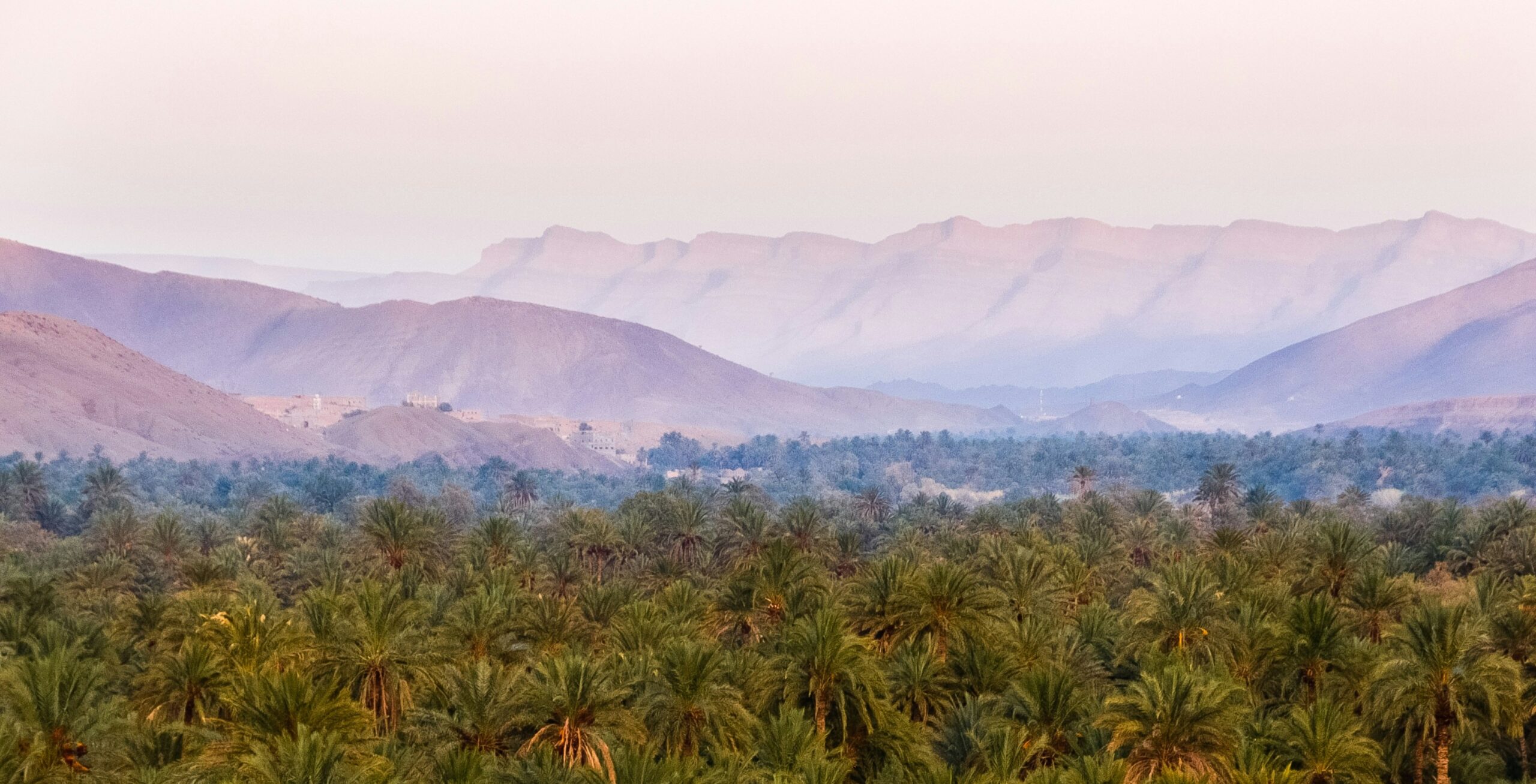Casablanca – Foreign direct investment (FDI) into Morocco rose sharply in 2024, positioning the country as one of the key investment hubs in Africa amid an unprecedented surge in FDI flows across the continent. According to the World Investment Report 2025 released by the United Nations Conference on Trade and Development (UNCTAD), Morocco attracted $1.64 billion in FDI during 2024—an increase of 55% compared to $1.05 billion in 2023.
This significant jump in inflows is attributed to a series of major investment projects, including a flagship initiative to produce green ammonia and synthetic fuels. The project, backed by investors from China, France, the United Arab Emirates, and the United Kingdom, falls within the broader context of Africa’s energy transition, where Morocco is playing an increasingly strategic role.
Sustained growth in investment stock
In terms of accumulated FDI stock, Morocco’s total foreign investment reached $61.5 billion by the end of 2024, up from $59.5 billion in 2023 and $45 billion in 2010. This continued growth reflects a steady expansion of investor confidence and interest in the Moroccan economy, particularly in strategic sectors such as renewable energy, construction, and digital services.
While inward investment experienced a strong upswing, Moroccan outbound FDI saw a notable decline in 2024. The country invested $694 million abroad, down from $1.2 billion in 2023. Despite this drop, total Moroccan-owned assets abroad stood at $11.3 billion, underlining the country’s ongoing participation in international capital flows, albeit with a more inward-focused trend in the past year.
Morocco’s role in Africa’s FDI boom
The increase in Moroccan FDI is part of a broader trend across Africa, which experienced a historic 75% rise in foreign direct investment in 2024. The continent attracted a record $97 billion in inflows, compared to $55 billion the previous year. North Africa was the main driver of this growth, with Morocco, Egypt, and Tunisia all seeing significant gains. Excluding a major urban development finance deal in Egypt, Africa’s FDI inflows still rose by 12% to reach $62 billion.
The UNCTAD report highlights that investor interest in Africa is supported by ongoing economic reforms and policy measures aimed at liberalizing and facilitating investment. In 2024, 36% of all policy measures taken by African governments were designed to encourage investment, while 20% focused on liberalizing trade and investment rules. These efforts are credited with enhancing the business climate and improving the continent’s attractiveness to global investors.
Sectoral highlights: Energy and construction lead the way
In Morocco and across Africa, renewable energy and infrastructure were the most dynamic sectors in 2024. Africa witnessed seven major energy transition deals totaling approximately $17 billion, mainly involving offshore wind, solar energy, and electric cable infrastructure. Egypt led the way with four of these projects, while Morocco and Namibia also secured major investments.
In Morocco, a standout development was the green ammonia and industrial fuel project, part of the country’s broader push toward sustainable energy and reduced carbon emissions. This aligns with the kingdom’s long-term vision to become a regional leader in clean energy production and export.
The construction sector also remained a priority across the continent, with Morocco attracting medium-scale projects that had substantial local impact. These developments reflect the country’s efforts to address infrastructure gaps and urban development needs, while also maintaining economic momentum and job creation.
Digital economy and regulatory advances
Beyond traditional sectors, Morocco has also been recognized as one of the few developing nations—alongside Kenya, Nigeria, and India—home to multinational companies operating in the digital economy. This marks a growing strength in exporting digital services and information technologies. Morocco’s continued implementation of digital strategies has played a key role in positioning it competitively in this global field.
Legally, Morocco has also been active on the international front, engaging in agreements that govern digital trade. According to the UNCTAD report, such commitments underline the country’s intent to contribute to the shaping of global digital economic rules and further enhance its attractiveness to tech-oriented investors.
Regional disparities and emerging trends
Despite the overall rise in FDI, the report notes a decline in the number and value of newly announced investment projects (Greenfield projects) in Africa as a whole. The continent saw a 5% drop in project announcements and a 37% decline in total project value—from $178 billion in 2023 to $113 billion in 2024. North Africa was the exception, however, registering a 12% increase in project value, with $76 billion in new projects, accounting for nearly two-thirds of Africa’s total.
Europe remained the top source of FDI in Africa by asset value, followed by the United States and China. Chinese investments, worth around $42 billion, were notably diversified, spanning pharmaceuticals, agribusiness, and infrastructure.
Outlook
Morocco’s sharp rise in foreign direct investment in 2024 signals a renewed international interest in the country’s economic prospects. With sustained reforms, growing strength in renewable energy and digital sectors, and its strategic role in regional development, Morocco appears well-positioned to remain a key destination for investors navigating a shifting global economic landscape.






